CANADA TO BAN COSMETIC TESTING ON ANIMALS
The budget for 2023 was just issued by the Canadian government, and it has some wonderful news for animals! The federal government formally announced its intention to outlaw animal testing for cosmetics. More precisely, the government intends to alter the Food and Drugs Act to outlaw false or deceptive labeling regarding the use of animals in cosmetics testing, the sale of cosmetics that rely on animal testing data to prove product safety (with few exceptions), and the testing of cosmetics on animals.
In terms of safeguarding animals from cruel cosmetics testing, Canada has lagged behind other wealthy nations. Nearly ten years ago, the EU outlawed cosmetic animal experimentation and the sale of these goods. More than 40 nations and jurisdictions throughout the world, including the UK, New Zealand, Mexico, Australia, Colombia, Israel, and important US states like California, New York, and New Jersey, already have such laws in place. During the most recent federal election, the governing Liberals included a commitment in their program to outlaw animal testing for cosmetics.
More than 3.5 million animals were reported to have been used in lab studies in Canada in 2021, and that number just includes the labs that freely revealed their data. Mice, rats, rabbits, and guinea pigs are the most often utilized animals in cosmetic animal testing to evaluate the safety of the product. These kind creatures go through horrible suffering throughout the tests, including being forced to consume dangerous substances until they pass away or being put through gruesome eye and skin irritation tests in which chemicals are poured into their eyes and over their shaved skin without the slightest kind of pain relief.
According to polls, 88% of Canadians want a countrywide ban on cosmetic animal testing. This indicates that the country's citizens firmly support the prohibition of animal testing. Animal testing for medicinal purposes may be a sensitive and contentious subject. But the reality is that animal models used to test medications and medical procedures on people are frequently inaccurate and ineffective. The explanation for this is straightforward: Since humans and non-human animals frequently have extremely dissimilar physiologies, what functions in one typically does not in the other. The intricacy of human bodies simply cannot be replicated in animal models of disease, which is why 95% of medications that successfully pass through animal models fail in clinical human trials.


